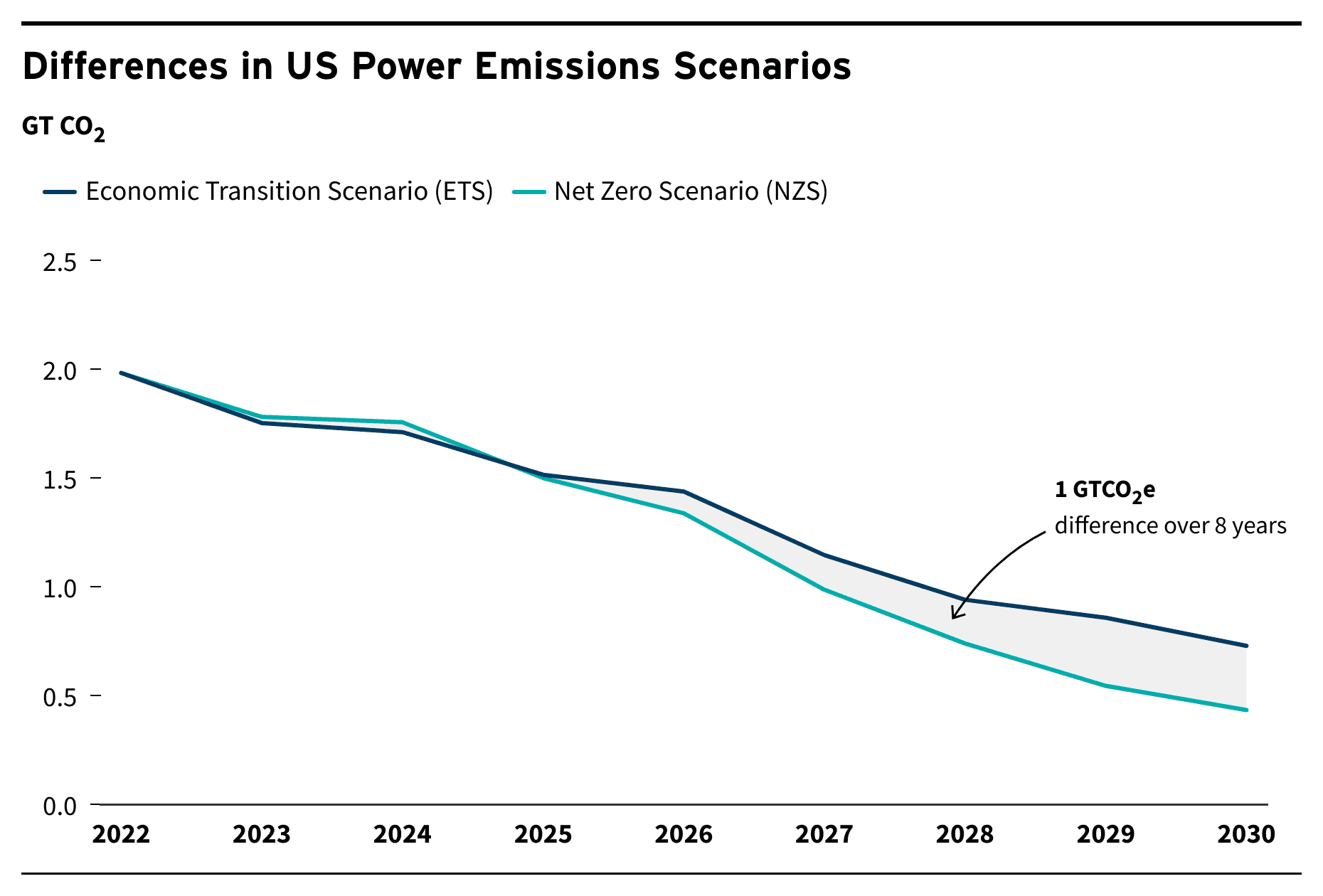WHAT IS THE ZEROGRID INITIATIVE?
Decarbonizing the power grid is the greatest opportunity to tackle global carbon emissions within this decade. A carbon-free grid will not only eliminate one of the largest sources of emissions but will also serve as a critical enabler for tackling other high-emitting sectors of the economy including transportation and industrial processes.
To rapidly accelerate grid decarbonization efforts in the near term, the focus — and the incentives — for companies must expand beyond the traditional practice of buying more renewables on the grid where it is convenient. Businesses can play a leading role by working across systems, with grid operators and policymakers, to drive deep decarbonization alongside increased reliability and affordability.
Akamai, Amazon, Apple, General Motors, Meta, Microsoft, Prologis, Walmart, and other leading companies are joining together with RMI to launch the Zero-Emissions | Reliability Optimized Grid Initiative, or ZEROgrid — a comprehensive roadmap to accelerate the transition to a zero-emissions grid. ZEROgrid will start by building a holistic framework defining targeted metrics for engagement and impact informed by reliability and emissions experts.
ZEROgrid will maximize grid reliability and emissions reductions through enabling sustained, high-impact corporate action across clean energy procurement, policy, investment, R&D, and operations. Encouraging corporate investment in this broader range of grid decarbonization and reliability activities, and defining the metrics to measure progress, will remain ZEROgrid’s focus and primary goal for the duration of our collaborative efforts.















